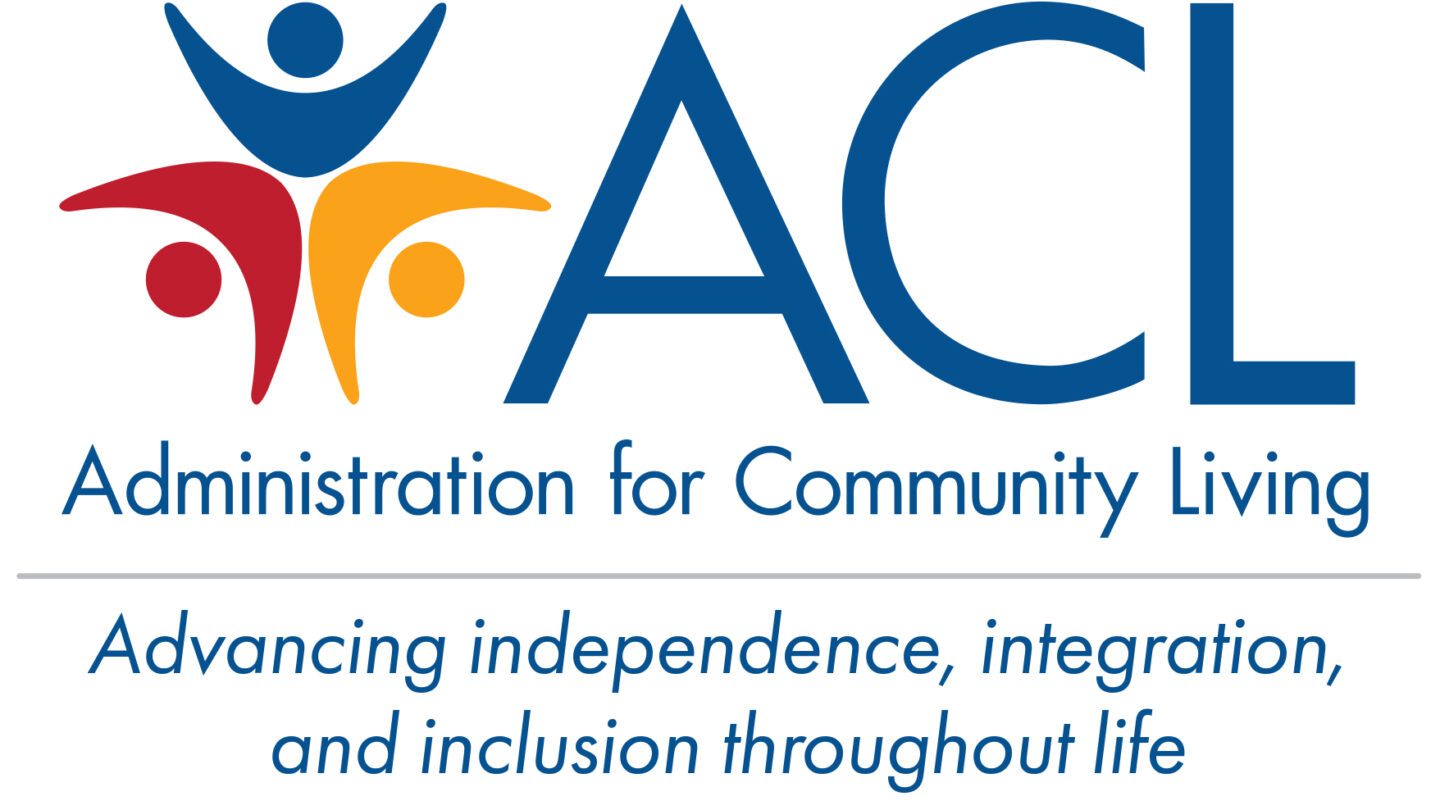Comment period will remain open through November 30
The 2022 National Strategy to Support Family Caregivers [click.connect.hhs.gov] (the strategy) is now available for public comment for a period of 60 days. Comments received from the public will be used to inform the ongoing work of two Congressionally mandated caregiving advisory councils, as well as to inform future updates to the strategy.
The strategy is intended to serve as a national roadmap for better recognizing and supporting family and kinship caregivers of all ages, backgrounds, and caregiving situations. It includes nearly 350 actions the federal government will take to support family caregivers in the coming years and more than 150 actions that can be adopted at other levels of government and across the private sector to build a system to support family caregivers.
The strategy was developed jointly by the advisory councils established by the Recognize, Assist, Include, Support, and Engage (RAISE) Family Caregivers Act [click.connect.hhs.gov] and the Supporting Grandparents Raising Grandchildren (SGRG) Act [click.connect.hhs.gov], with extensive input from family caregivers, the people they support, and other stakeholders.
Each year, around 53 million people provide a broad range of assistance to support the health, quality of life and independence of a person close to them who needs assistance as they age or due to a disability or chronic health condition. Another 2.7 million grandparent caregivers – and an unknown number of other relative caregivers – open their arms and homes each year to millions of children who cannot remain with their parents. Millions of older adults and people with disabilities would not be able to live in their communities without this essential support – and replacing it with paid services would cost an estimated $470 billion each year.
While family caregiving is rewarding, it can be challenging, and when caregivers do not have the support they need, their health, wellbeing and quality of life often suffer. Their financial future can also be put at risk; lost income due to family caregiving is estimated at $522 billion each year. When the challenges become overwhelming and family caregivers no longer can provide support, the people they care for often are left with no choices except moving to nursing homes and other institutions or to foster care – the cost of which is typically borne by taxpayers.
ACL is requesting comments on:
- The most important topics/issues for the advisory councils to focus on moving forward; and
- Issues that were not covered by the initial strategy that should be addressed in future updates.
Comments can be submitted via an online form [click.connect.hhs.gov]. Respondents have the option to comment on each individual component of the strategy or provide feedback on the strategy as a whole.
For additional information about the strategy, contact Greg Link.

